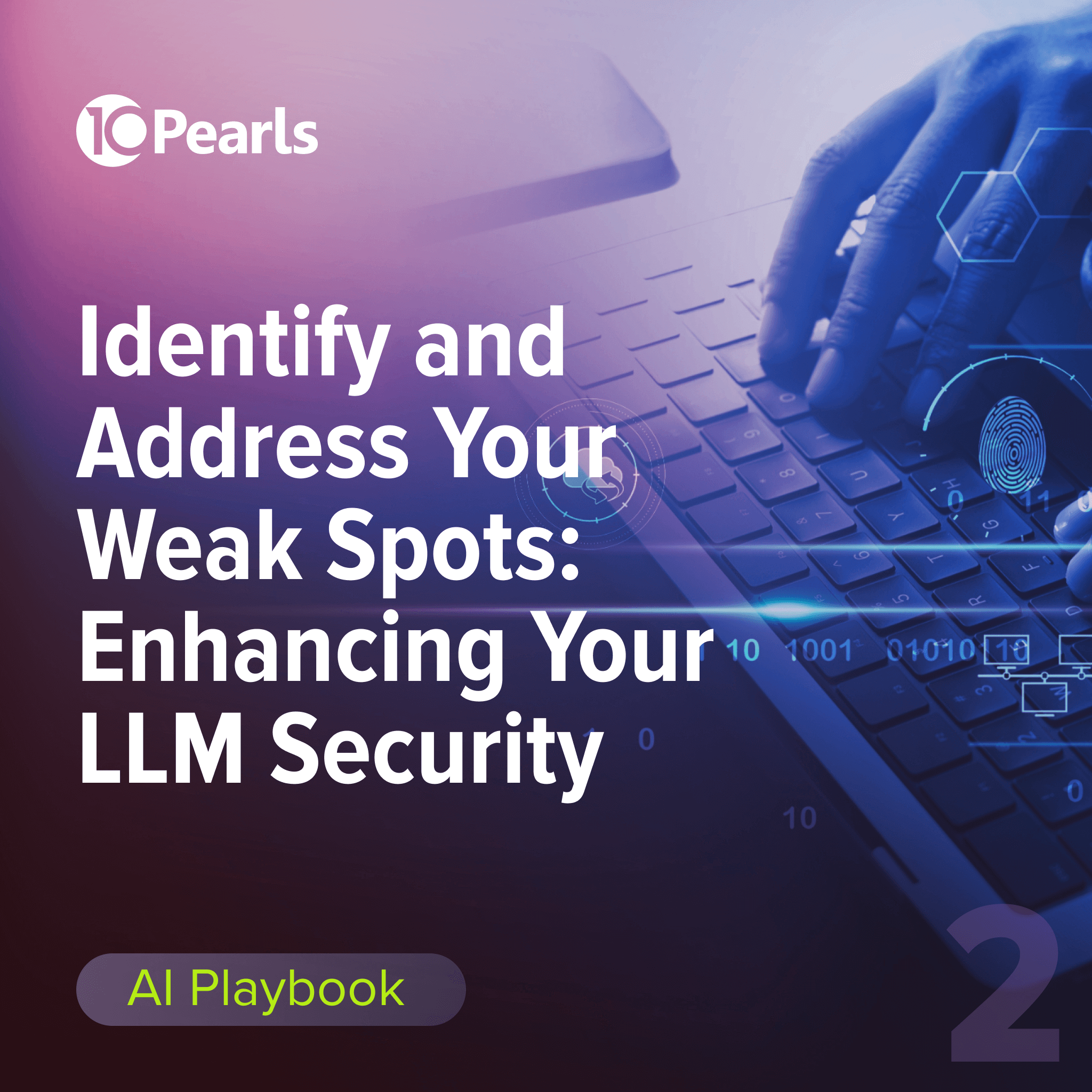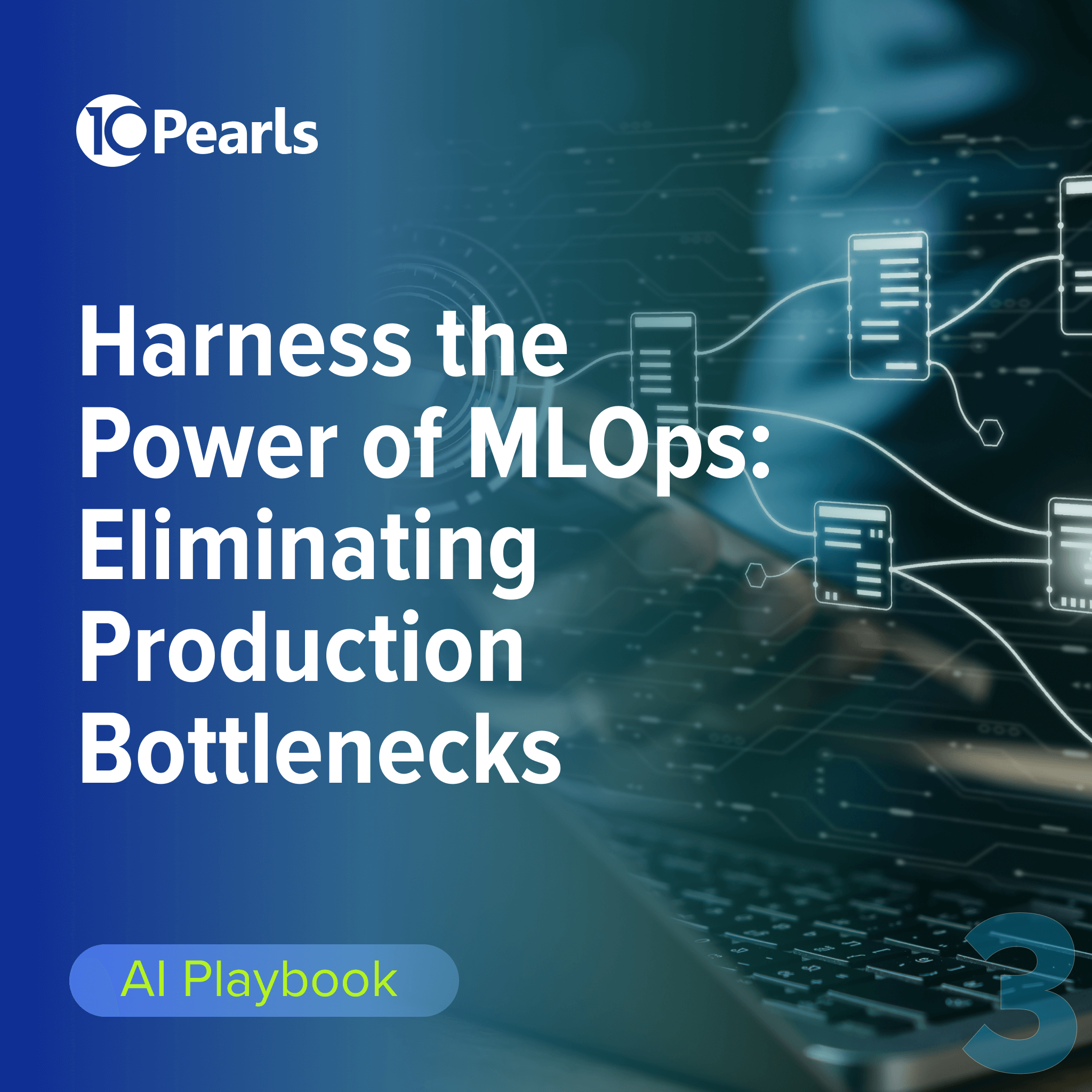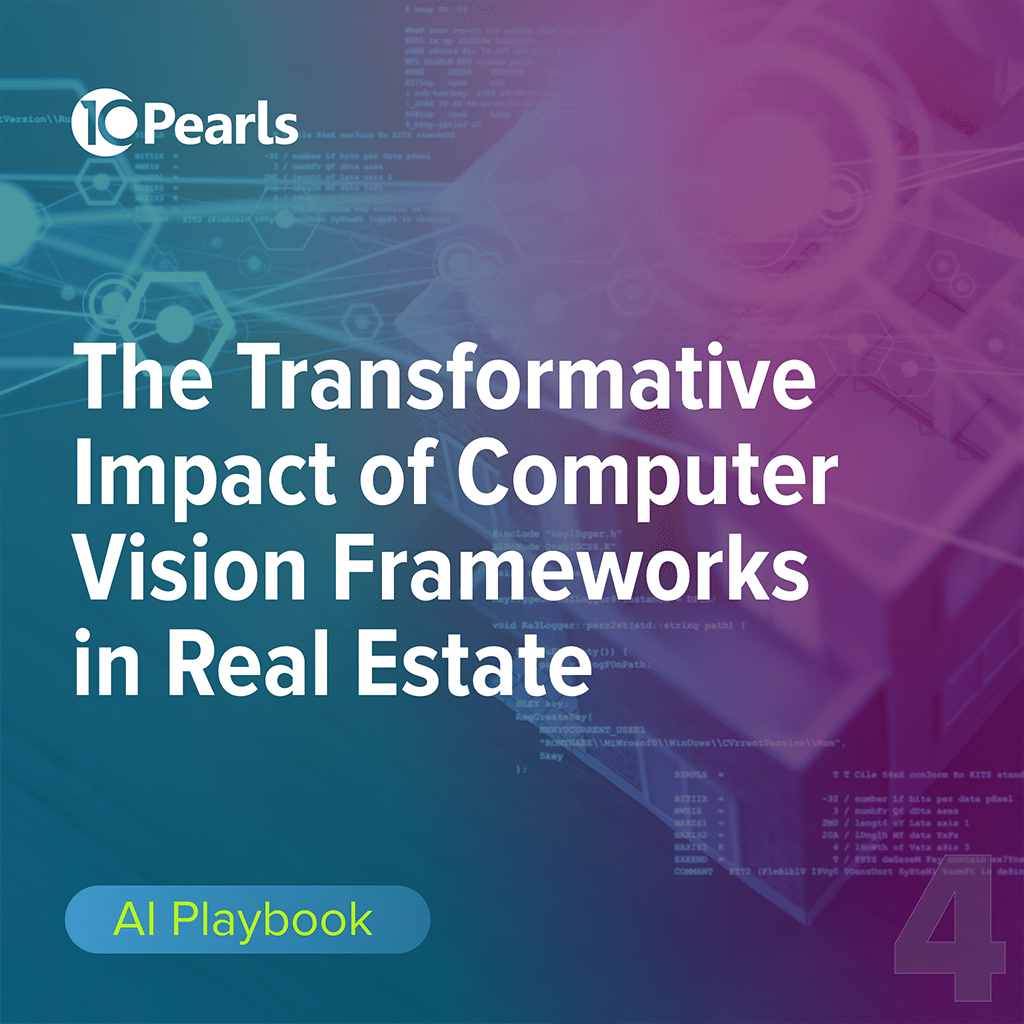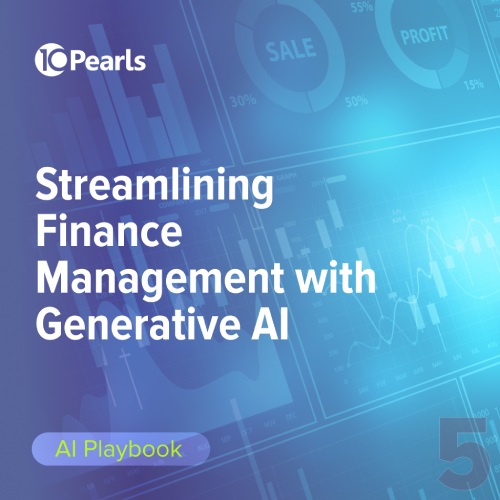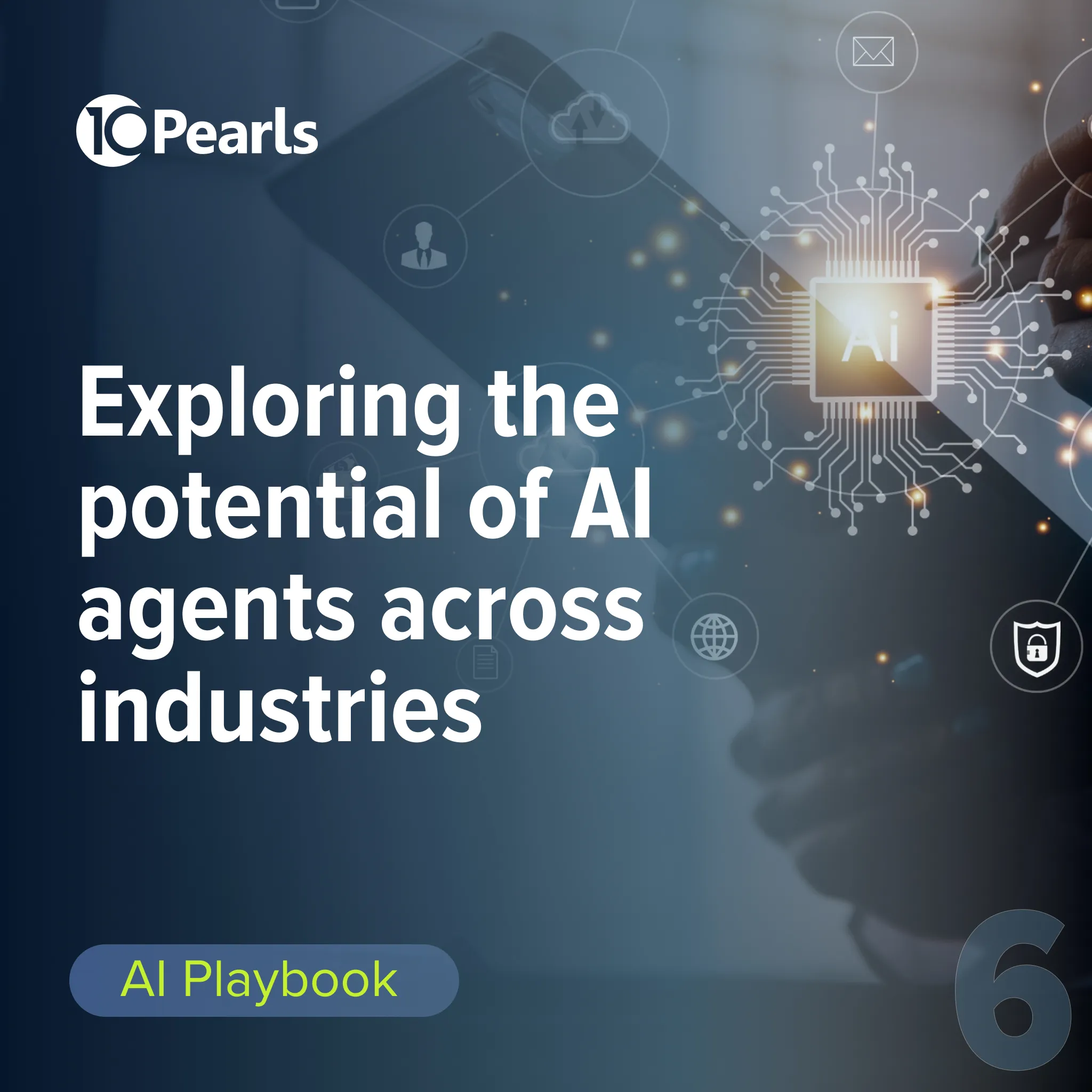A Guide To AI Readiness Assessment Frameworks
By 10Pearls editorial team
A global team of technologists, strategists, and creatives dedicated to delivering the forefront of innovation. Stay informed with our latest updates and trends in advanced technology, healthcare, fintech, and beyond. Discover insightful perspectives that shape the future of industries worldwide.
Adopting artificial intelligence (AI) technologies has nearly limitless applications and benefits, but rushing into deployment is a surefire way to cause headaches down the road. It’s important to assess your organization’s AI readiness , or your ability (both technically and culturally) to successfully leverage and support AI technology.
This guide will discuss the importance of assessing AI readiness before buying or implementing an AI solution. It will also explain the two types of assessments and provide a list of example self-assessment questions before highlighting the benefits of engaging in an AI consulting session with an AI implementation partner.

Understanding AI readiness levels
- Fully prepared: The organization has a well-defined strategy, robust computing and power infrastructure, AI-specific security policies and controls, a centralized and consistent data architecture, strong governance policies, internal expertise, and an AI-focused company culture.
- Moderately prepared: The organization is well on its way to readiness, but lacks a few key components relating to staffing, infrastructure, or company buy-in.
- Somewhat prepared: The organization has started implementing changes to support an AI deployment, but it does not have a clear strategy and has a lot of gaps in its architecture and policies.
- Unprepared: The organization has just started exploring the possibility of AI technology for its use cases, but it hasn’t started implementing any changes yet.
An AI readiness assessment framework is designed to help organizations determine where they are in their AI journey and what gaps they need to fill to be fully prepared.
A guide to AI readiness assessment frameworks
There are two basic types of AI readiness assessment frameworks: self-assessments conducted by internal resources and professional assessments conducted by external AI experts. There are pros and cons to each approach.
Self-assessments are inexpensive, and internal auditors have more institutional knowledge and context to help guide their answers. On the other hand, they may not have the specialized experience to know everything that an AI deployment entails and what the organization needs to do to prepare.
AI readiness assessments are performed by highly qualified experts who know exactly what questions to ask, what the answers mean, and how to fill any gaps. They are more expensive, however, and it can take some time for external auditors to get up to speed on an organization’s specific policies, practices, and infrastructure.
AI readiness self-assessment questions
Below are some example AI readiness categories and questions that you can use to guide the self-assessment process.
Strategy
A well-defined strategy is the necessary foundation for an organization’s AI readiness. Artificial Intelligence software development company can help you create an AI strategy that emphasizes clear ownership, measurable outcomes, and sustainable financial planning.
|
|
|
|
Infrastructure
AI deployments require powerful computing resources, scalable networks, and thoughtfully planned power architectures. An AI-ready organization has a robust infrastructure to support both current and future AI initiatives.
|
|
|
|
|
|
Security
Protecting AI deployments from cyberthreats requires specific security controls and data governance policies. AI readiness is assessed based on the robustness of this security architecture.
|
|
|
|
Data
High quality data is the backbone of AI deployments. An AI-ready organization has sanitized, centralized datasets, as well as the tools and knowledge to use and integrate them effectively.
|
|
|
|
|
|
|
Governance
Ensuring transparency, privacy, and fairness is crucial to fostering ethical AI usage. A mature organization has policies and protocols in place to establish AI governance.
|
|
|
|
|
|
Talent
A successful AI deployment relies on qualified talent with the expertise to support and use it. An AI-ready organization has in-house staff who are proficient in chosen AI technologies as well as robust training protocols in place to upskill talent.
|
|
|
Culture
A successful AI deployment requires a complete cultural transformation across the organization. An AI-ready company culture prioritizes adaptability, speed, and accountability.
|
|
|
|
Get a clear AI roadmap with a 10Pearls AI readiness assessment
Knowing the right questions to ask is only part of the battle. Finding and interpreting accurate answers to these questions is a whole other challenge. If you lack the internal expertise to assess your AI readiness, working with a trusted AI consulting firm like 10Pearls is the best way to ensure the success of your deployment. Our AI experts will work closely with your organization to determine your current AI readiness and develop a clear roadmap to fill any gaps.
10Pearls uses the leading AI readiness assessment frameworks to guarantee the success of your AI project. Reach out today to schedule a risk-free consultation.

Get in touch with us
Related articles

